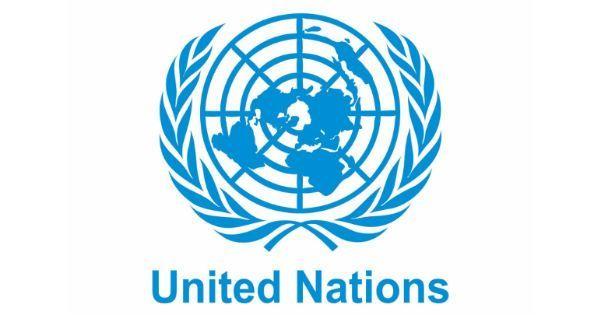KABUL (Pajhwok): The caretaker government will allow Afghan women to resume work with non-governmental organisations (NGOs) on the ground, hope four senior UN aid officials.
The officials, representing the Inter-Agency Standing Committee (IASC), insisted the world’s largest humanitarian operation — supporting some 28 million people in Afghanistan — could not function in the absence of female workers.
Following their last week’s mission to Afghanistan, they referred to the IEA edict of December 24 barring Afghan women from working with local and international aid agencies.
However, the acting government authorised women days later to continue working in healthcare and education, at the primary level.
A clear message
In their meetings with Taliban leaders in Kabul, according to a statement from the UN, the IASC mission opposed the ban.
At a news briefing in New York on Monday, the UN officials hoped the restrictions would be lifted. They called for exemptions in all aspects of humanitarian action.
Martin Griffiths, UN relief chief and the IASC chair, said IEA leaders told them guidelines were being developed. “I’m somebody who doesn’t like to speculate too much, because it is a matter of speculation.
“Let’s see if these guidelines do come through. Let’s see if they are beneficial. Let’s see what space there is for the essential and central role of women in our humanitarian operations,” he said.
He believed the message had clearly been delivered that women were central, essential workers in the humanitarian sector, in addition to having rights. He said the UN needed to see them back to work.
Women’s vital role
Women constitute 30 per cent of the 55,000 Afghan nationals working for NGOs in the country, according to Janti Soeripto, president and chief executive officer of Save the Children.
She said: “Without women on our teams, we cannot provide humanitarian services to millions of children and women.”
Lives at risk
Many women aid workers are themselves the sole breadwinners for their families, which means many more households will go wanting.
Soeripto said: “We’ve made it very clear that humanitarian aid must never be conditional, and it cannot discriminate. We were not there to politicise aid. We cannot do this work without women in all aspects of our value chains.”
Services restored
Critical health and nutrition services there were up and running again with the return of female staffers, acknowledged Sofía Sprechmann Sineiro, secretary general of CARE International.
“So, let there be no ambiguity. Tying the hands of NGOs by barring women from giving life-saving support to other women will cost lives,” she said, speaking from Kabul.
Huge learning loss
More than one million Afghan girls have lost out on learning due to the order banning them from secondary school, which has added to losses sustained during the COVID-19Opens in new window pandemic.
The university ban had further crushed their hopes, said Omar Abdi, UNICEF deputy executive director for programmes.
“We are very concerned about girls’ and women’s development and particularly their mental health. In 2023, if secondary school education remains closed, an estimated 215,000 girls who attended grade six last year will once again be denied the right to learn,” he said.
Room for hope
Since the ban, some 200,000 girls continue to attend secondary schools in 12 provinces, and women secondary school teachers continue to receive their salaries.
She recalled: “The officials we met in Kabul…reaffirmed that they are not against girls learning in secondary schools, and again promised to re-open once the guidelines are approved by their leader.”
Meanwhile, the number of community-based education classes in private homes and other locations has doubled to 20,000 over the past year, serving some 600,000 children, more than half of them girls.
pr/mud
Views: 108
